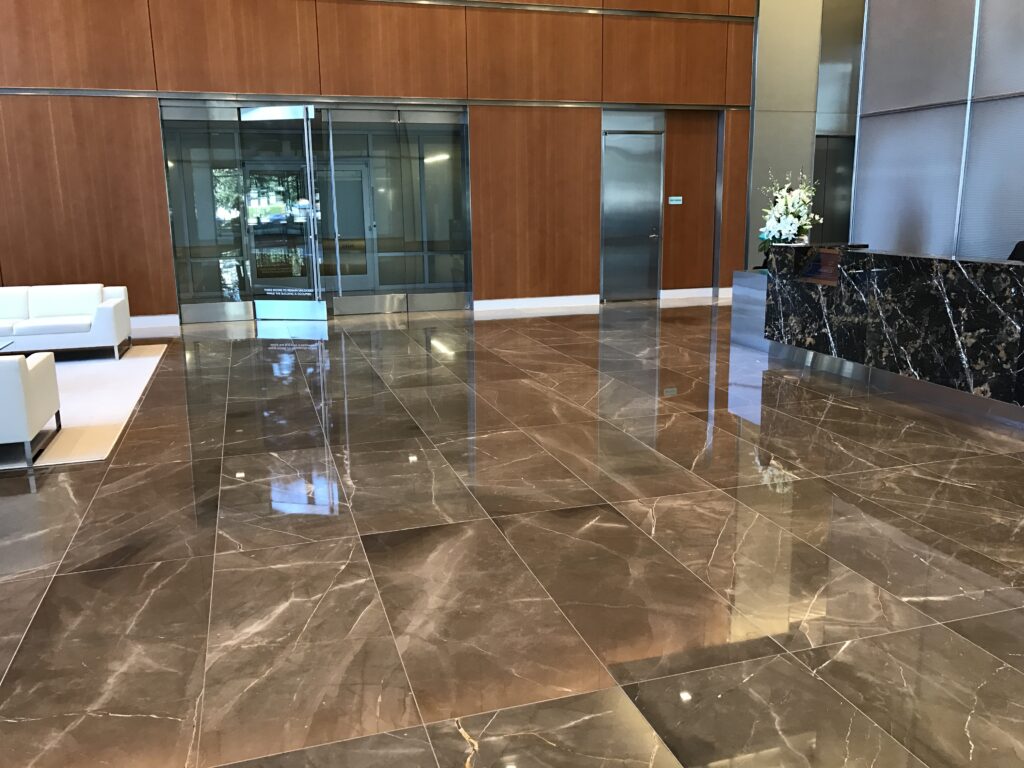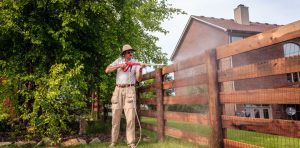All You Need To Know About Stone Sealers

When a product made of natural stone needs to be sealed, a surface treatment is applied to prevent corrosion and staining. In order to allow liquids and gases to pass through, all bulk natural stone is laced with interconnected capillary channels. Stone sealing is the process of applying a surface treatment to items made of natural stone to prevent rust and staining.
All bulk natural stone is covered in interconnected capillary channels that allow liquids and gases to pass through. This is valid for all types of rocks, including igneous ones like granite and basalt, metamorphic ones like marble and slate, and sedimentary ones like limestone, tile, and sandstone. With time, capillary action draws liquids into these porous channels, including any soluble salts and other soluble compounds.
What Is The Process Of Stone Sealing?
Your stone can be easily prepared for a sealant. When approaching this process, you have a few other choices. It is advised to buy a stone cleaner with a neutral PH and dab the stone with a few drops of the cleaner.
A gentle dishwashing detergent might very well work if you are unable to find a stone cleaning product with this PH level. It works best when combined with warm water. To get the best results, clean your stone before trying to apply a protective layer.
Next, apply the cleaner to the surface using a clean mop. Take care with the amount of cleaner you use. A film that affects the seal could be produced if the cleaner is used excessively. Use dishwashing detergent instead of products containing lime, vinegar, or any other acids if you’re using one.
Types Of Stone Sealers:
Different types of Stone Sealers have been highlighted below:
- The finest penetrating stone sealers preserve the stone’s porosity and permit it to expel any water vapour after sealing; in other words, they permit the stone to continue to be “breathable.”
- Solvent-based stone sealers typically perform better and last longer than water-based varieties, making them more effective overall. Due to their solvent-based nature, these sealers can occasionally not be used (especially in some commercial settings), and they frequently have overpowering odours that aren’t always suitable for indoor use.
- Oleophobic stone sealers repel both water- and oil-based liquid contaminants, whereas hydrophobic stone sealers only repel water-based liquids.
- Topical stone sealers are those that rest on the stone’s surface. Topical stone sealers serve only as a temporary measure and can be removed.
How Long Is Stone Sealer Effective?
A stone sealer typically needs to be reapplied after lasting for three to five years. The porosity of the stone, as well as the quality of the sealer used, will all have an impact on how long your sealant will last.
Conclusion
The main goal of stone sealing is to extend the lifespan of your natural stone surface. By attempting to prevent them from looking dull, sealing your stone will help maintain the appearance of your cabinets and other interior surfaces. Be sure to seek assistance from experts to learn more about this topic.








